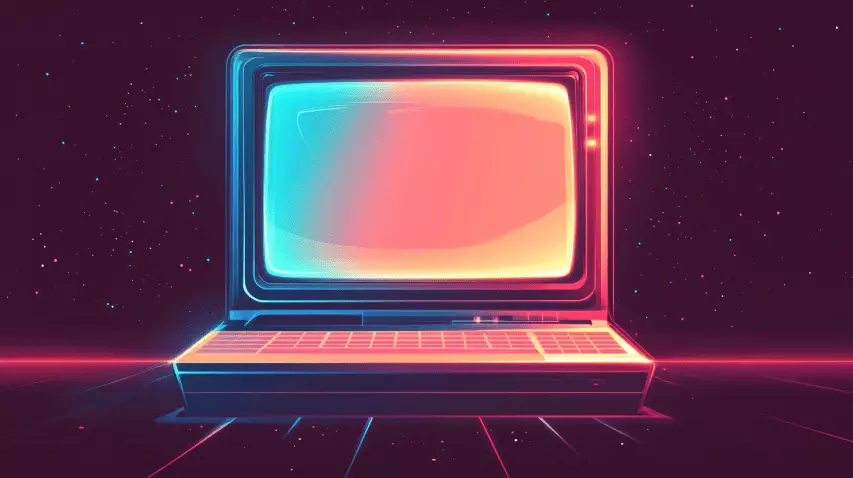In a candid revelation, Sam Altman, the CEO of OpenAI, openly acknowledged a critical crossroads that the organization finds itself at in the contemporary landscape of Artificial Intelligence (AI). During a Reddit “Ask Me Anything” session, Altman’s assertion that OpenAI has been “on the wrong side of history” in relation to open source AI indicates a potential recalibration in the company’s strategic direction. This unexpected admission marks a crucial moment for both OpenAI and the larger AI community, intensifying discussions on the necessity for transparency and broader access to AI technologies.
This acknowledgment by Altman directly correlates with the seismic shifts catalyzed by the Chinese AI firm DeepSeek. With its release of the open-source R1 model, which reportedly matches the capabilities of OpenAI’s offerings at significantly reduced costs, DeepSeek has thrown a wrench into existing competitive dynamics. This has unsettled markets, leading to substantial losses for major stakeholders like Nvidia, whose stock was decimated by nearly $600 billion—an unprecedented drop in market history. The disruption engineered by DeepSeek illustrates not only the technological advancements being made but also points to a foundational shift in how AI is developed and commercialized.
Altman’s perspective suggests an essential conflict in the AI industry—the contention between proprietary models and open source innovation. OpenAI was originally founded with altruistic goals, aiming to deliver the benefits of artificial general intelligence (AGI) to humanity. Yet, as it transitioned to a capped-profit model, its practices have drawn ire from those who once championed the cause for open source access. Critics, including industry pioneers like Elon Musk, have pointed to this shift as a betrayal of the foundational vision behind OpenAI.
Latent in Altman’s comments is an acknowledgment of the evolving role of open source models, which not only challenge proprietary paradigms but may surpass them. As highlighted by AI luminary Yann LeCun, innovations often emerge from collaborative efforts that build on existing open-source research, heralding a more democratized technological advancement. This paradigm shift serves as a wake-up call for establishments like OpenAI to reconsider their strategies in the face of growing competition.
Amidst this competitive landscape emerges a flurry of national security considerations, particularly surrounding DeepSeek’s operations. The company’s data handling practices have raised alarms for U.S. agencies, notably NASA, which have implemented restrictions citing privacy and security apprehensions related to data processed within mainland China. This environment of heightened scrutiny poses significant challenges for OpenAI as it weighs the implications of aligning itself with open-source models in a global context fraught with geopolitical tension.
While Altman’s remarks signal that OpenAI may be contemplating an approach that resembles its early ideology, he concurrently emphasizes that such a pivot isn’t on the immediate horizon. This cautious sentiment reflects the intricate balance that AI leaders are compelled to negotiate: fostering innovation while ensuring the safety and security of their technologies amid an increasingly fragmented and multi-polar AI ecosystem.
The burgeoning interest in open-source AI invites a reevaluation of the core principles guiding OpenAI. If the organization adopts a more open approach, it could facilitate accelerated innovation and broader access to AI capabilities, aligning with its original vision. However, this shift does not come without potential drawbacks; the challenge of maintaining ethical standards and safety protocols remains paramount.
Crucially, Altman’s candid assessment is less an indictment of his company and more a recognition that the landscape of AI is transforming. As the dust settles following DeepSeek’s market entry, a pivotal question arises: can OpenAI navigate this transformative period without compromising its foundational commitments? The answer may shape not just its trajectory but also the future of AI as a whole.
Sam Altman’s open acknowledgment of OpenAI’s previous missteps regarding open source represents more than merely a reaction to competitive pressures. It signifies a growing understanding that the future of AI may indeed lie in collaborative innovation rather than exclusive control. As discussions around open source AI intensify, the opportunity for an invigorated dialogue about the ethical responsibilities that accompany such access presents itself—a dialogue that must reflect on not just technological advancements but also the implications for society and humanity at large. The future of AI is not just a race for supremacy; it is an intricate interweaving of innovation, ethics, and responsibility that could revolutionize the foundations upon which the industry stands.


Leave a Reply